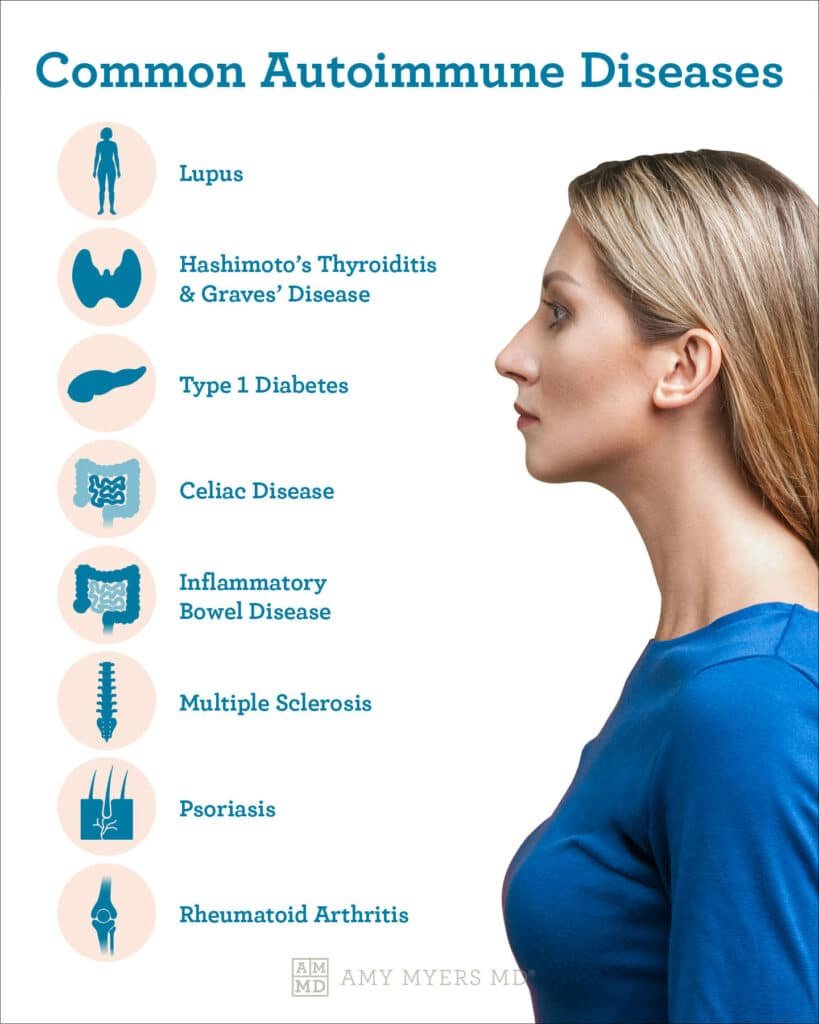CBD and Autoimmune Disease Management
Autoimmune disorders manifest in many different forms from a mild case of psoriasis to the profound symptoms of full blown rheumatoid arthritis or lupus. Some autoimmune disorders attack one organ or system while others attack the whole body. Whatever the autoimmune dysfunction is, the basic situation is the same: the immune system incorrectly identifies healthy cells as foreign invaders, viruses or bacteria, and attacks them, causing damage and creating wide-ranging symptoms including pain, inflammation, fatigue, nausea, migraine, lack of appetite etc.
There is no single definitive cause of autoimmune disease, certainly genetics, diet, chronic stress and environmental contamination have been identified as stressors of the immune system’s ability to function.
The conventional treatment for autoimmune conditions is immunosuppressive drugs, which decrease the immune system’s responses. This immune system modulation stops the immune system from over responding but also weakens the system’s ability to fight off real threats.
Since the discovery of the ECS ( Endocannabinoid System) the system regulating intrinsic homeostasis, medical research has identified a condition which is a precursor to autoimmune dysfunction. This is CECD (Clinical Endocannabinoid Deficiency) where the body is not producing enough endocannabinoids to ensure balance in the body's organs and systems. This in turn leads to faulty messages to the immune system which then sends an unnecessary response expressed as autoimmune dysfunction.
Medical science has shown that CBD reduces inflammation and supports healthy production of endocannabinoids. This means that autoimmune sufferers will benefit in two distinct ways from CBD medication. To simplify the process, CBD is received by CB1 and CB2 receptors which are situated throughout the body, present in every organ and system, including the immune system. When CBD connects with these ECS receptors an immunosuppressant message is sent to overactive sites. The substitution of plant-based cannabinoids where endocannabinoids are scarce stimulates the anti-inflammatory response. This reaction can be very swift, relieving inflammatory pain very quickly.
Treating autoimmune conditions with CBD is not just a ‘quick fix’ solution for inflammatory pain, plant-based cannabinoids also stimulate the ECS to create more endocannabinoids itself to act on the intrinsic deficiencies. Also CBD inhibits the enzyme which breaks down endocannabinoids meaning there are more cannabinoids circulating in the body for a longer period of time. The ECS does not store endocannabinoids or cannabinoids; rather it utilizes them on demand, responding to the needs of the body. This is why plant-based cannabinoids like CBD are so effective and quick-acting.
Many sufferers of autoimmune disorders have found relief from symptoms and a substantial decline in flare-ups of symptoms by using CBD as part of their health regime. Extremely painful diseases like Multiple Sclerosis have been shown to be very responsive to cannabinoid therapy. Synergy member Leenie shared her journey from debilitating MS symptoms back to many years of active life here.
Leenie’s testimony to the healing power of cannabinoids reminds us of how many cannabinoids there are and how far we still have to go in terms of clinical research to discover all of the benefits.
Experimenting with different cannabinoid blends have proved effective for Leenie in large part because of her careful attention to dosage and effect.
There are so many constituents in every cannabis strain, not only cannabinoids but also terpenes and flavonoids which all elicit their own unique effects. Synergy Wellness products focus on full spectrum extracts so that the entourage effect of all the intrinsic constituents of the plant are present.
At Synergy we encourage patients with autoimmune conditions to experiment with cannabinoid medicine in different ratios of CBD/THC and other cannabinoids of note. Recently a member suffering from acute rheumatoid arthritis inflammation added Black Beauty THCV-rich tincture to her daily CBD tincture and salve, 5 drops had her pain eradicated and sustained by an extra 5 drop doses when the pain started to come back.
Anecdotal accounts of relief from eczema and psoriasis using CBD-rich salve alongside arthritic pain relief from salve application shows a clear connection between surface and internal inflammation from topical medication.
The perceived science of medicating autoimmune disorders vacillates between suppressing overactive immune response and encouraging healthy immune response. Cannabinoids work in the same way as endocannabinoids, redressing balance wherever it is needed. This is the underlying logic of why CBD treatments cause symptoms to abate and even be eradicated by correcting imbalances. Using CBD as a daily supplement has proved valuable in keeping autoimmune symptoms at bay.






